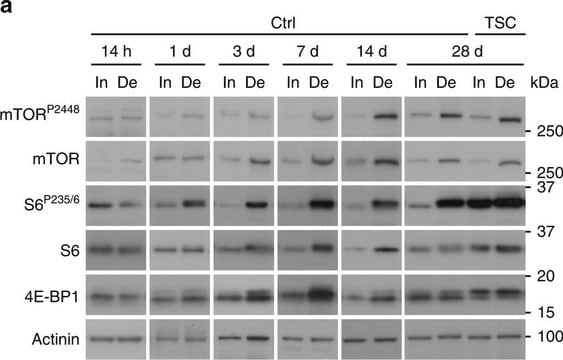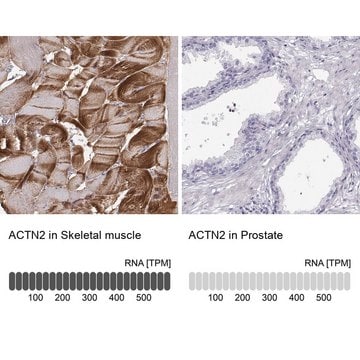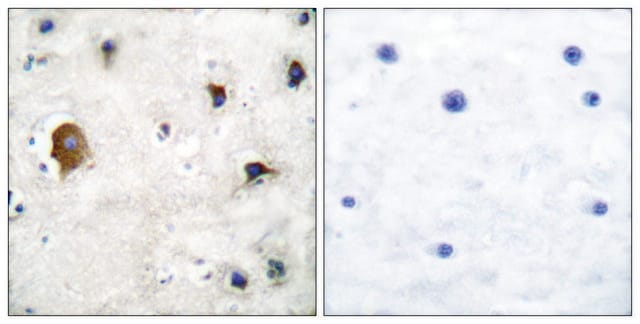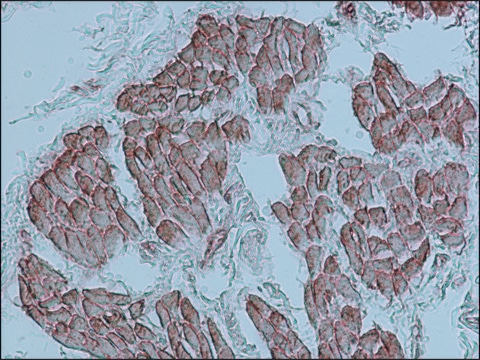A2543
Anti-α-Actinin antibody produced in rabbit
whole antiserum
Synonym(s):
Anti-CMD1AA, Anti-CMH23, Anti-MPD6, Anti-MYOCOZ
About This Item
Recommended Products
biological source
rabbit
conjugate
unconjugated
antibody form
whole antiserum
antibody product type
primary antibodies
clone
polyclonal
contains
15 mM sodium azide
species reactivity
chicken
technique(s)
indirect immunofluorescence: 1:500 using cultured chicken fibroblasts
western blot: suitable using cultured cells and chicken gizzard extract
shipped in
dry ice
storage temp.
−20°C
target post-translational modification
unmodified
Gene Information
chicken ... ACTN2(396263) , ACTN4(396024)
General description
Specificity
Immunogen
Application
- co-immunoprecipitation studies
- immunoblotting studies
- immunofluorescence
Biochem/physiol Actions
Physical form
Storage and Stability
Disclaimer
Not finding the right product?
Try our Product Selector Tool.
Storage Class Code
10 - Combustible liquids
WGK
WGK 3
Flash Point(F)
Not applicable
Flash Point(C)
Not applicable
Certificates of Analysis (COA)
Search for Certificates of Analysis (COA) by entering the products Lot/Batch Number. Lot and Batch Numbers can be found on a product’s label following the words ‘Lot’ or ‘Batch’.
Already Own This Product?
Find documentation for the products that you have recently purchased in the Document Library.
Customers Also Viewed
Our team of scientists has experience in all areas of research including Life Science, Material Science, Chemical Synthesis, Chromatography, Analytical and many others.
Contact Technical Service














